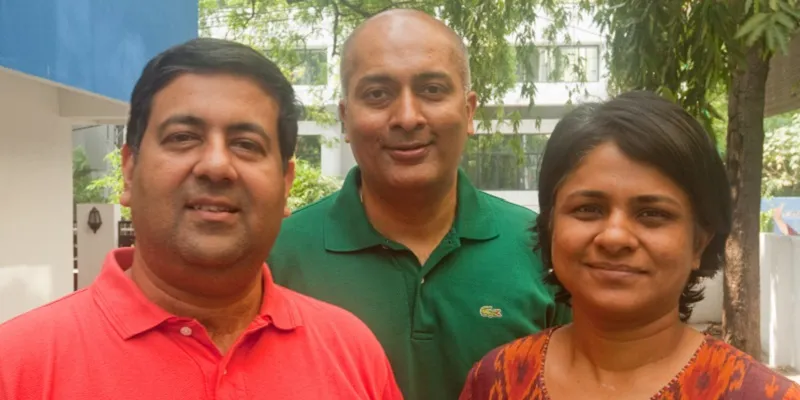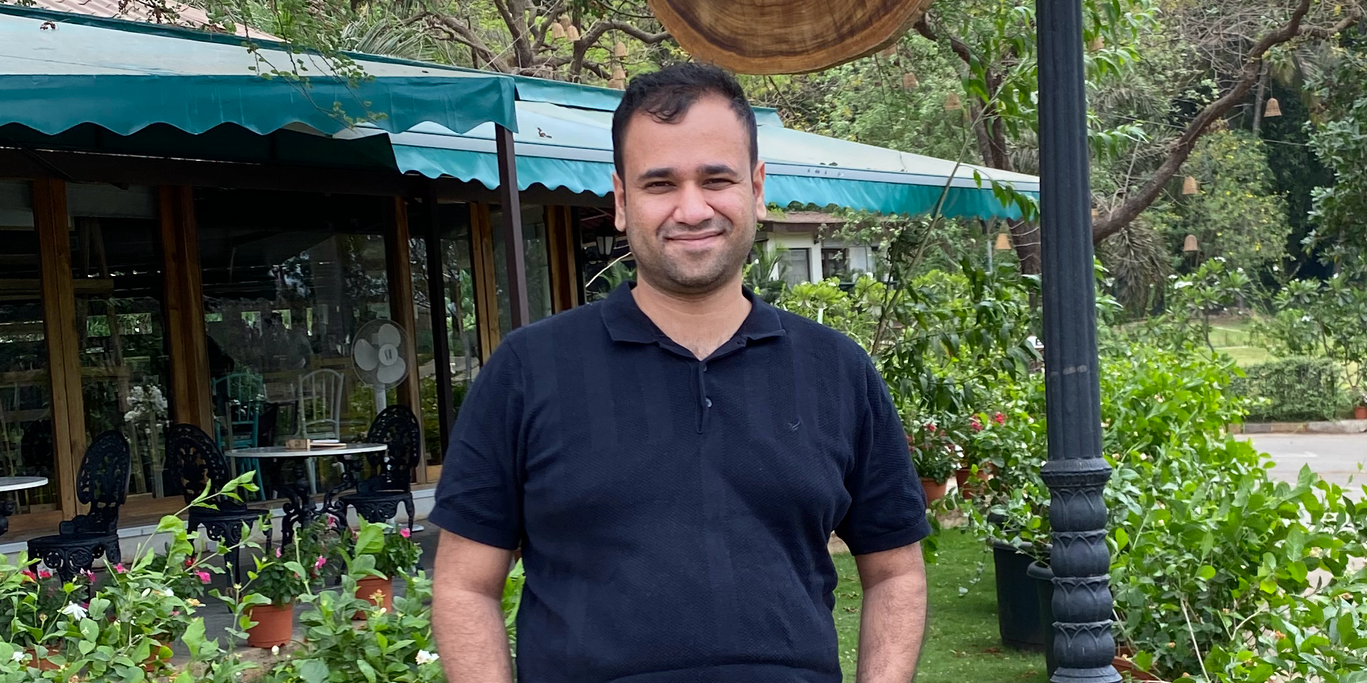Poor credit score stopped your loan from going through? CreditMantri can help you set it right
If you grew up in a typical middle-class Indian home, then the notion of taking credit or a loan of any kind would have been severely frowned upon. It would be much later in life when you are looking for a loan to buy your dream house do you realise how this mindset could be more of a hindrance than a good thing.
It was to change this mindset and educate people about having a healthy credit score that Ranjit Punja, R. Sudarshan and Gowri Mukherjee set up CreditMantri. When they set up the information platform, the team realised that close to 75 percent of the loan-eligible persons in India have no credit history.
“In the Indian financial world, unless you’ve applied for a loan and have been rejected, you really don’t know what your score is. Whereas, in other parts of the world it is almost like checking the weather,” says 50-year-old Ranjit.

Building an educative platform
As former colleagues at Citibank, Ranjit and Sudarshan understood the space but and got the idea of starting a platform where they could educate people on not only what a credit score is but also help them improve their credit score. With time, the duo realised that the business need was to address a digitally-savvy population, something the duo weren’t fully equipped on their own. That’s when Gowri joined the team in November 2014. Also an ex-employee of Citibank, she had experience managing the digital business for Citibank and later for Standard Chartered.
Soon, from an information platform and helping those with poor credit scores make it healthy, the trio realised there was a large market for those with thin credit files or no credit histories. So CreditMantri now works on three types of individuals-one with a negative credit history, one with no credit history and one who is credit-healthy.
Matching the right lender to the borrower
CreditMantri’s starting point is profiling individuals or getting their credit score. CreditMantri has something called as a ‘Credit Quotient,’ where the team tries to learn more about the individual. They seek permission to access social media profiles and accounts, bank account statements and other data.
After the data is collected, the algorithms looks into the data and creates a user-friendly credit report. “There is no human intervention that analyses the data; everything is done by the algorithm,” adds Ranjit. On the lender’s side, the team looks at what criteria the lender needs to disburse a loan. CreditMantri matches the credit score of an individual to the criteria of the lender.
Ranjit explains that while most portals would give a list of people who would give credit or loan, CreditMantri counsels the person as to where not to go.
Today, a lot of people get rejected due to a lack of or a poor credit score. CreditMantri believes that the intelligent way of borrowing money would be to first knowing your credit score and then going to a lender that best matches your score. This ensures that the customer gets an interest rate that matches their requirement.
Closing the chasm
“We are working with a bunch of lenders to tailor products that are suitable to different credit levels,” Ranjit says. He says that working with someone with an unhealthy credit history is usually the most challenging. It is like helping an unhealthy person regain their health. One can’t pop pills and expect to become healthy. It takes sustained and consistent behaviour to see results after a certain period of time. Financial health, likewise, proves to be the same, he adds.
In May 2015, CreditMantri got funding from Elevar Equity.
Breaking down the model
Jyotsna, MD of Elevar Equity, says, “They had an idea of how the market works and functions. There are several different nuances in a fintech business, and key to that is understanding how the financial markets, banks, RBI guidelines and rules work. The founders come from that understanding, which builds credibility.”
The revenue model works in different ways. There is a customer pay model for a deep analysis and score analysis. There also is a lender pay model, where the lender pays CreditMantri a certain percentage for every disbursed loan amount. Over time, the team aims to make the revenue flow from a lender pay model only.
Currently, there are over 45,000 customers that come on CreditMantri seeking their credit score, 50 percent of whom allow themselves to be fully profiled. “There are over five to six credit improvement services that people pay for, and 3,000 people apply for a loan product,” adds Ranjit. By February, the team had over two lakh customers.
Future plans and market space
CreditMantri has several product offerings for a person with a healthy credit score but the market has limited options for people with an average or unhealthy credit score. The team is now focussing on building several products and lenders that help persons with average or unhealthy credit score.
The Indian financial landscape is fast changing. There were investments of close to $12 billion made in the space by late 2014 and it is currently said to be growing at 48 per cent YoY. Today, there are several P2P lending platforms like i2ifunding and Faircent, and also platforms like SwitchME that help consumers switch their interest rates.
Sharad Sharma, Co-founder and Governing Council Member iSpirit, believes that the next Uber will be coming from the Indian fintech space. Apart from CreditMantri, platforms like Finomena and Rubique too are working on easier loan disbursement. Fintech startups have the potential to enable service delivery to 942 million people who have Aadhar numbers in the country.
“We’ve been watching the space closely and we see a shift in the customer trend, leading to a growing engagement with online technology platforms, especially in the urban side. While given the size of the market, multiple players could exist, but there aren’t many teams that can bring in a blend of the customer and lender perspectives,” adds Jyotsna.











